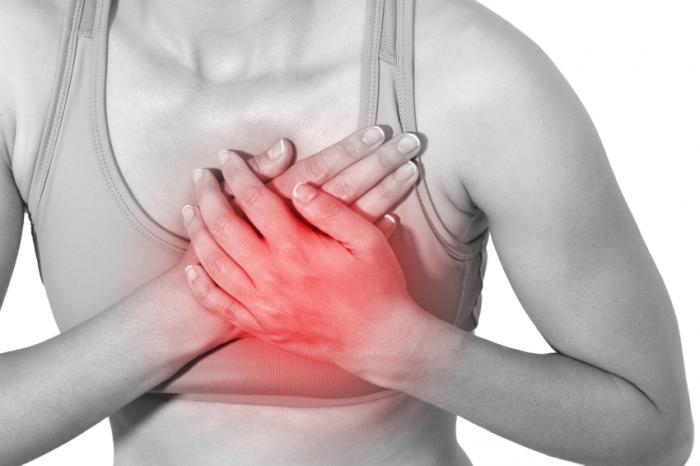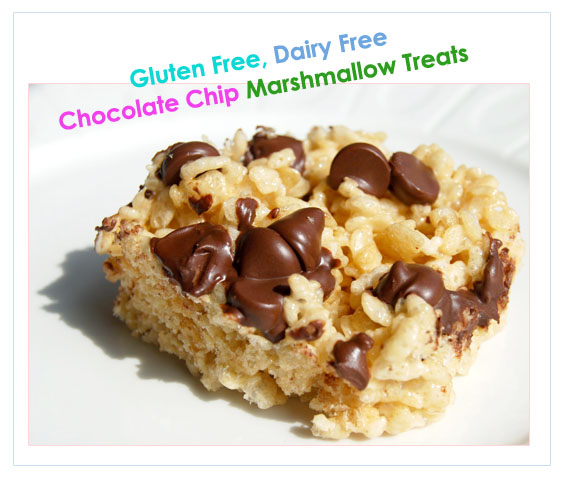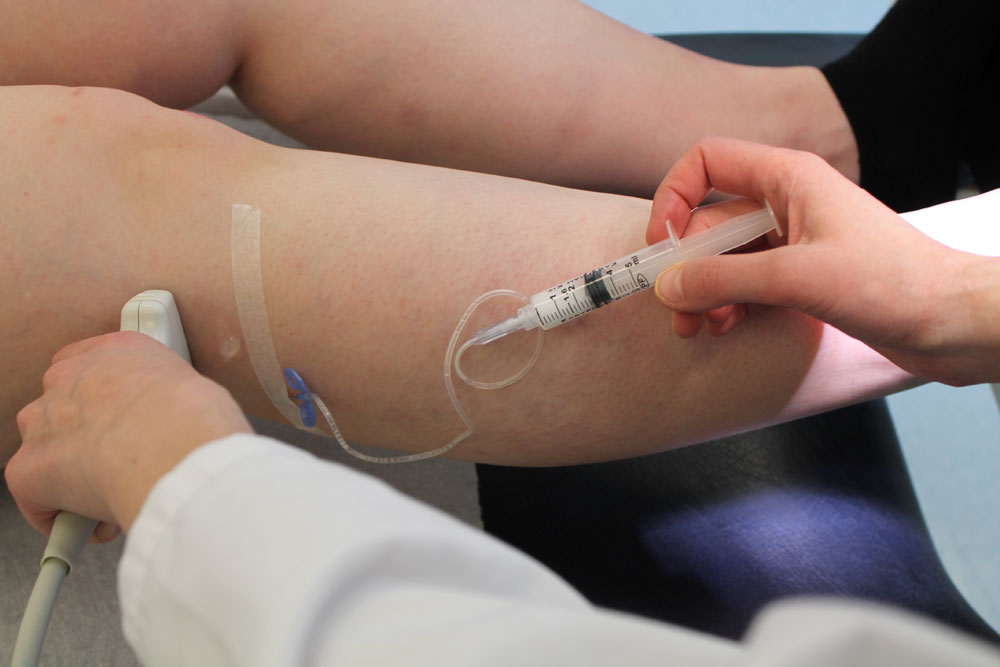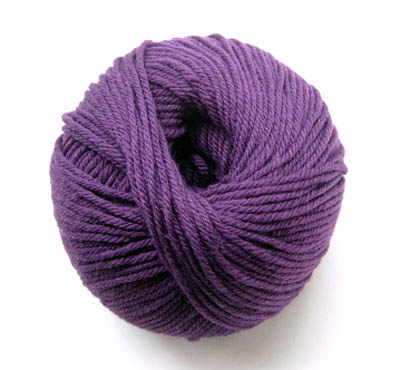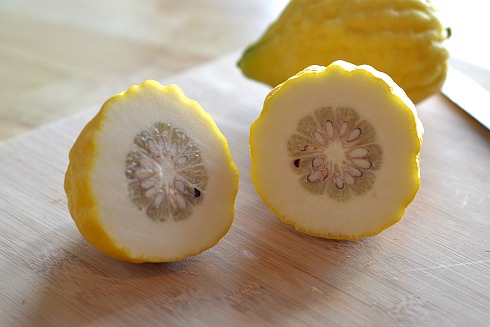Find out what’s causing your breast pain.
Your breasts are one of the most sensitive of your body parts! If there are any changes in your hormone levels (such as during puberty, menstruation, or menopause), you will usually feel the changes in your breasts. This is because your hormones are so closely linked to breast function and health.
Breast pain is not uncommon, but it’s definitely not a good thing! If you feel pain in your breasts, here are a few things that may be causing the breast pain:
- PMS — In the days leading up to menstruation, the symptoms of PMS begin to kick in. Breast pain is one of the most common side effects of PMS. Even if the pain isn’t acute (sharp), your breasts will often be tender to the touch.
- Breast cancer –– Did you know that breast cancer is the 2nd most common type for women? Only skin cancer is more common than breast cancer, with an estimated 231,000 new cases of invasive breast cancer in 2015 alone. The growing tumor cells can cause pain (both acute and dull), but it has usually grown pretty serious by the time you feel the pain.
- Pregnancy –– Among the other symptoms of pregnancy, breast pain and tenderness is one of the most common. Pregnant women’s breasts grow as a result of the increase in mammary glands, which are needed to produce milk for their soon-to-be-born baby. Tenderness and pain is just a side effect of this growth.
- Menopause –– Along with all the other symptoms caused by menopause, breast tenderness and pain is a fairly common problem. The hormone levels are shifting drastically during menopause, leading to noticeable side effects.
- Fibrocystic breast disease –– This is a benign condition, but it can be painful! Basically, the woman has developed lumps (or cysts) in her breasts, and the lumps press on the tissue, muscle, and glands, causing pain.
- Intraductal papilloma –– This is, in essence, a benign tumor growing in your breasts. Not all cysts or tumors are malignant, and this is one of the non-cancerous types. It will originate in the milk ducts in your breasts, and may spread to other parts of the mammary glands or even the tissue of your breasts.
- Mastitis –– Nursing mothers must be very careful to keep their breasts clean, and not just for the sake of their little one! Mastitis is an infection of the milk ducts located in the breasts, and it can both cause a lot of pain and cut off the flow of milk.

READ MORE: How To Take Care of Your Boobs
These are all common causes of breast pain. If you notice any type of pain in your breast, it’s vital to get checked out as soon as possible.
If you want to reduce breast pain, try:
- Placing ice packs on your chest. The cold will help to reduce the swelling and pain, alleviating discomfort.
- Massage your breasts. This will help to increase circulation and will encourage lymph drainage.
- Use the right bras. Underwire bras can be very painful, especially if your breasts are already tender. Try support bras, sports bras, and other bras without underwire.
- Sleep in a bra. This will help to reduce jostling in the night, preventing your moving around from waking you up.
- Eat more fiber. Fiber helps to reduce the levels of estrogen in your body. Less estrogen means less risk of breast pain.
- Take vitamins–specifically Vitamins B6 and E. Both are excellent at reducing breast pain.

